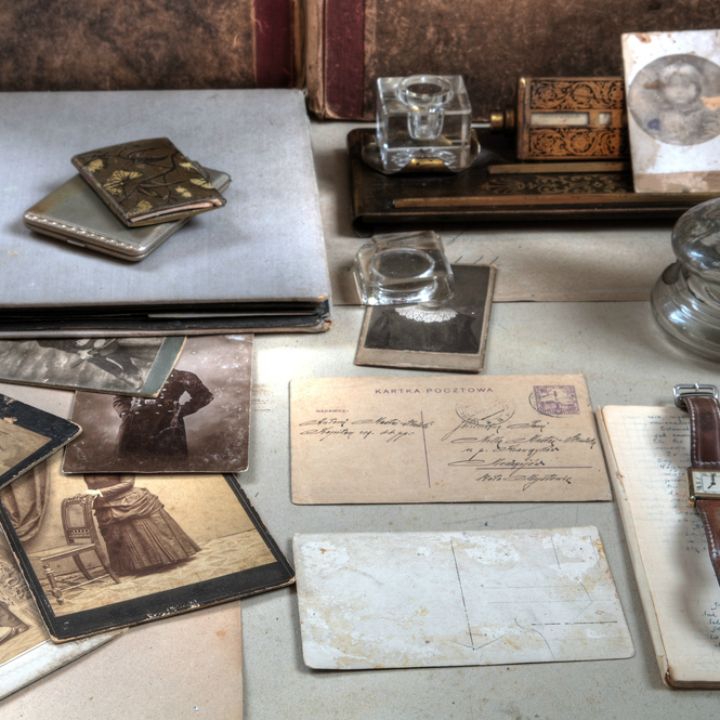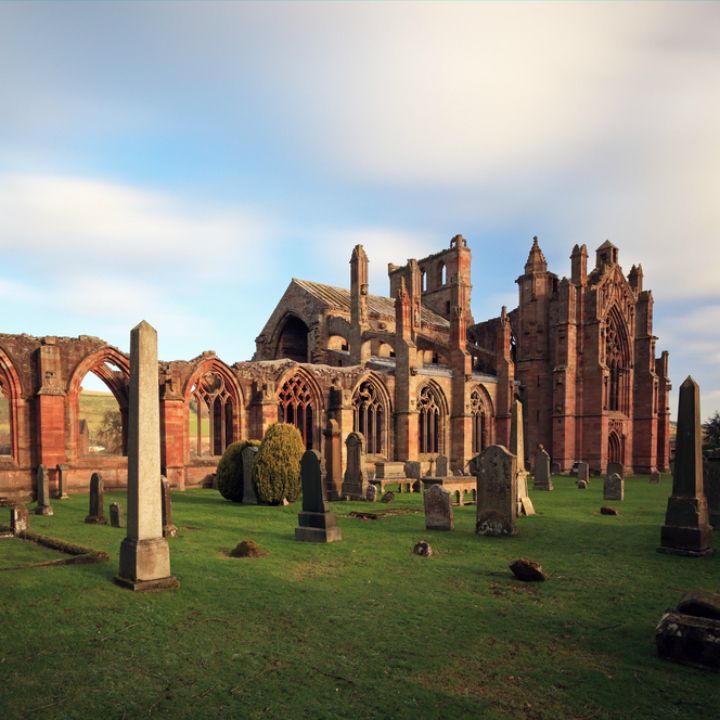Crabtree & Crabtree know that tracing the history of your family can be a wonderful journey of discovery. Learning more about our ancestors brings them to life.
If your family roots lie in the Scottish Borders or Northumberland, visiting us here will enable you to walk in the footsteps of your ancestors and to experience first hand the areas where they lived and worked. Imagine standing in the church where your ancestors married, or walking over the fields that provided their living.....
With so much information and a myriad of sources to dig into, starting your family history research can seem like a daunting task. So where to begin?
Here are Crabtree & Crabtree’s top tips for starting your family tree....
Names
Knowing the names of your ancestors is the most important piece of information to begin with. Start with your parents, grandparents and other members of their generation. This is the easy part, the further back you go it can get trickier as often several spellings of names were used interchangeably and family members could well have been known by unofficial names, which would often appear on official records. If birth certificates or baptism records can be sourced, they will provide your best confirmation of name details.
Places
You will come across a lot of people with identical or very similar names to your ancestors. To help guarantee that you do not end up researching the wrong person, narrowing your search with a place name will be most helpful. Census returns include details of people’s place of birth which will in turn help you locate parish records for your ancestor. It is worth bearing in mind that public access is restricted under the 100 year rule, so any after 1911 are not yet available.
Dates
Do you know the dates of your ancestor’s BMD – that’s birth, marriage and death? Having a record of these milestone dates will enable you to identify your ancestor in additional records, and again help ensure you are researching the correct person.

Events
The dates and names form the branches of your family tree, but family history is so much more than that. It is local history and social history. What was happening in the world at the time your ancestor lived? Were they a soldier or a nurse in one of the world wars? Did they work for the local Earl? Were they the local Earl! Searching for records relevant to the time they lived – such as WWI and WWII records – could help you to build a greater picture of their life, movements and achievements.
Photographs
If you have the chance, going through family photographs with older generations of your family is a lovely way to gain extra information about your ancestors. Your family members may be able to put names to faces and even share stories or family legends regarding the people in the pictures. This information can then passed on to both your and future generations, making sure it is not lost.
Free Resources
Before starting to spend money on any searches, ensure you utilise the free resources available to the public. Local libraries and records offices hold a range of resources, and are more than willing to point you in the right direction. Additionally, guests of Crabtree & Crabtree will be in the perfect location to utilise the services of the Hawick Heritage Hub for Scottish Borders enquiries, and the Woodhorn Museum and Northumberland Archives for those looking for ancestral information in Northumberland.

